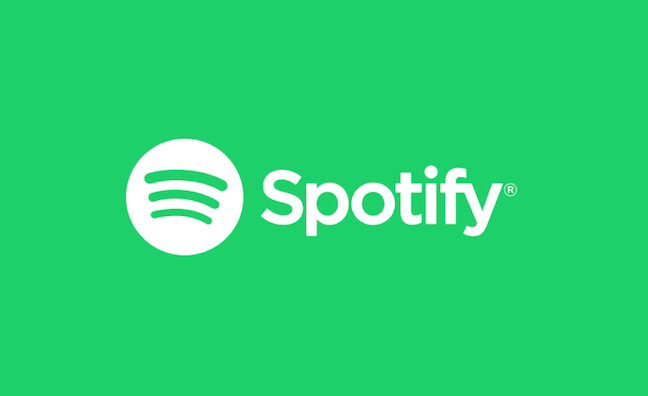Spotify’s revenue soared 50% to €2.9 billion (£2.56bn) in 2016, with the streaming giant pledging to pay record labels in excess of €2.2bn (£1.94bn) over the nest two years.
The financial filing, which was posted this morning, follows recently inked windowing contracts with Universal Music Group and Merlin, which represents a wide range of independent labels. However, the filing doesn’t offer any details on how the €2.2bn will be allocated.
Spotify’s gross profit for the year totalled €450.5 million (£397.2m) last year, with the majority of its revenues paid to rights holders. Furthermore, the company posted an operating loss of $349.4m (£308m) in 2016 and a net loss of $539.2m (£475.3m) – up significantly on 2015, when operating loss came in at €236.3m (£208.3m) and net loss $231.4m (£204m).
According to Spotify, the key factor behind this was major investment across all areas of the company and shifts in the exchange rate, as outlined in the filing:
“The operating loss for the year ending 2016 amounts to €349.4 million compared to €236.3m last year. This is explained by substantial investments that have been made during the year, mostly in product development, international expansion and a general increase in personnel.
“Our net loss for the year ending 2016 amounts to €539.2 million compared to €231.4 million last year. The increase over our operating loss primarily relates to the cost of debt and the impact of foreign exchange rates on our debts and investments.”
Earlier today, Spotify also announced that its total number of active users has now hit 140 million.
The post claims that its free, ad-supported tier is still increasing rapidly, with revenues growing at a rate in excess of 50% year-on-year. Spotify defines an 'active user' as someone who has played at least 30 seconds of a track within the last 30 days.
The news follows Apple Music’s announcement last week it now boasts 27m paying customers, up by seven million since December 2016. Spotify’s Premium subscriber base was thought to be around 50 million back in March of this year, although there is no update specifically on its paying user numbers in its latest post.









